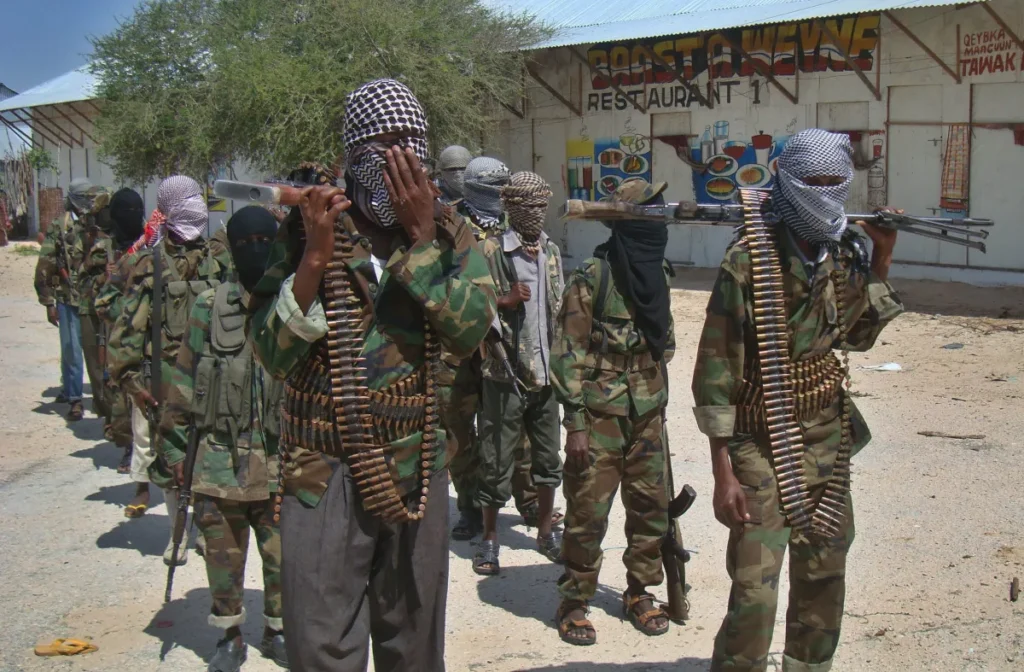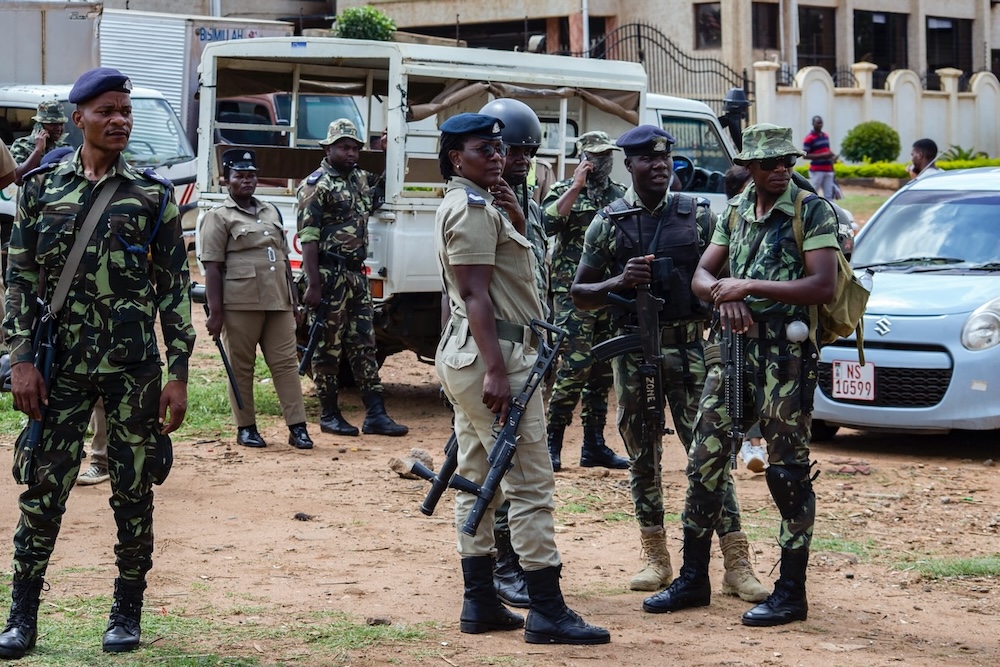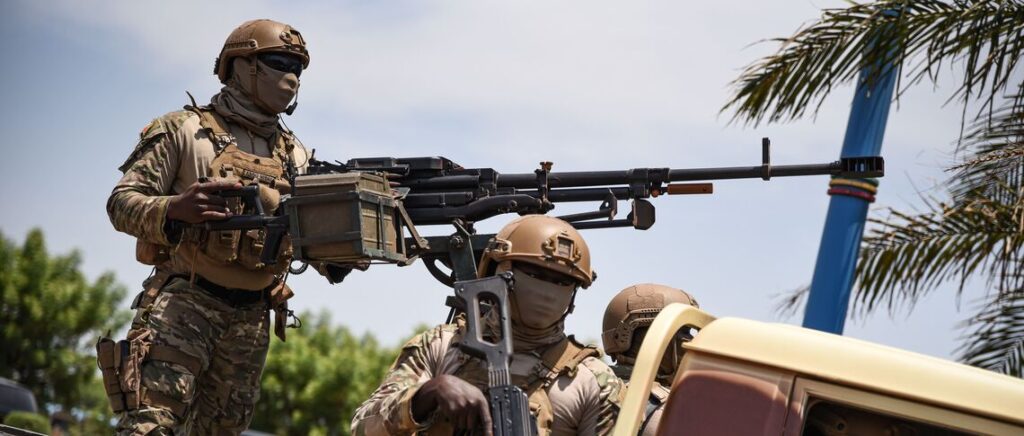
Islamist militants have intensified attacks on civilians in western Niger, killing at least 127 people in five incidents since March, Human Rights Watch (HRW) said in a report that highlights failures to protect communities in the Tillabéri region.
The deadliest strike was in June, when gunmen stormed a mosque during prayers and shot more than 70 worshippers, HRW said, citing witness accounts. “There were bodies everywhere, one on top of the other,” a woman who lost three sons was quoted as saying.
Witnesses told HRW that fighters they identified as members of Islamic State in the Sahel Province (ISSP) — recognized by red-banded turbans and prior threats — also destroyed schools and religious sites and imposed harsh restrictions on daily life. Villagers said the army did not adequately respond to warnings or requests for protection ahead of several raids.
The military and government did not immediately comment on the findings. No group has claimed responsibility for the five attacks documented by HRW. Reuters could not independently verify the accounts.
In one May assault in the Dani Fari area, five men and two boys were killed and at least a dozen homes were burned, the report said. “The bodies were scattered… riddled with bullets,” a herder told HRW.
HRW said about 1,600 civilians have been killed by Islamic State fighters in Niger since the 2023 coup, citing data compiled by the conflict monitor ACLED. Niger’s junta seized power promising to curb insecurity; since then, Niamey and its military-ruled neighbors Mali and Burkina Faso have formed a security alliance and distanced themselves from Western partners, turning instead to Russia and Turkey. Violence in the tri-border zone with Mali and Burkina Faso has nonetheless persisted for a decade.
HRW urged Niger’s authorities to investigate and prosecute what it called apparent war crimes and to bolster civilian protection in Tillabéri. The group said Niger’s justice minister did not respond to questions about the report.




